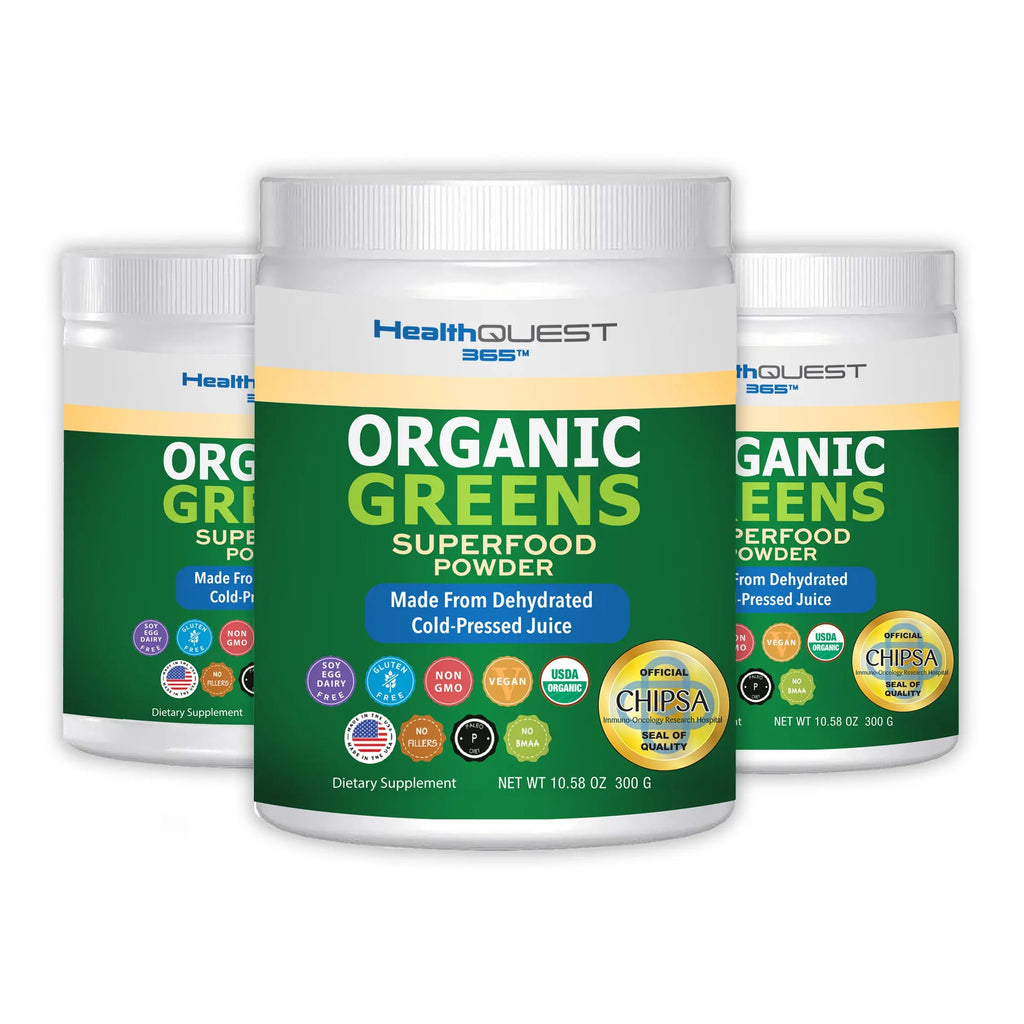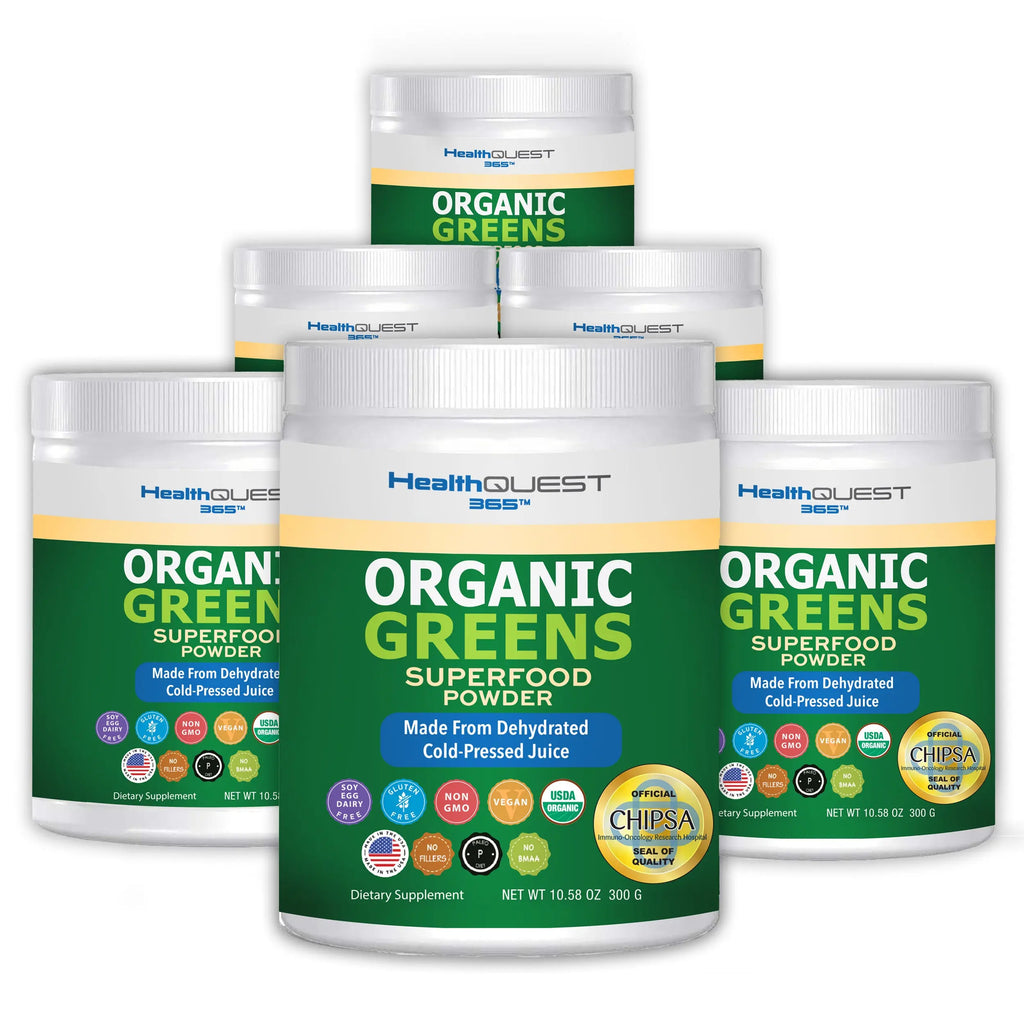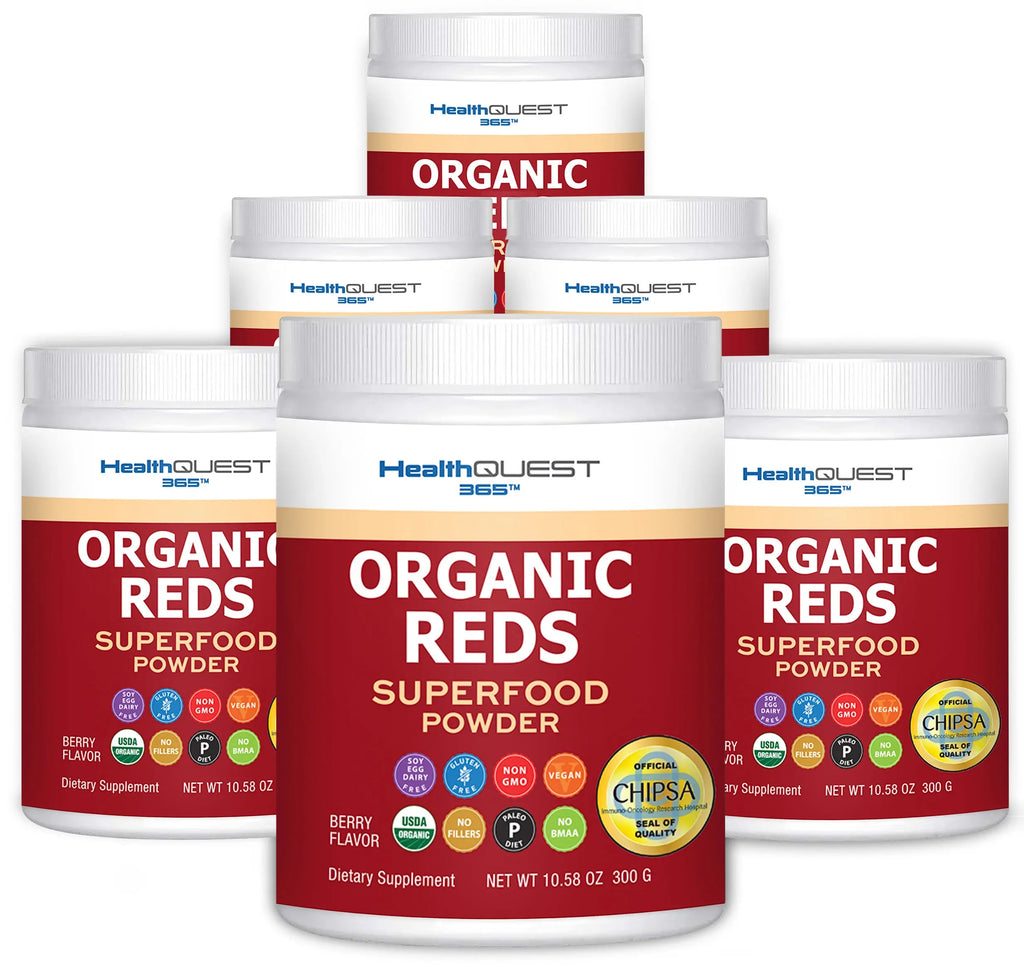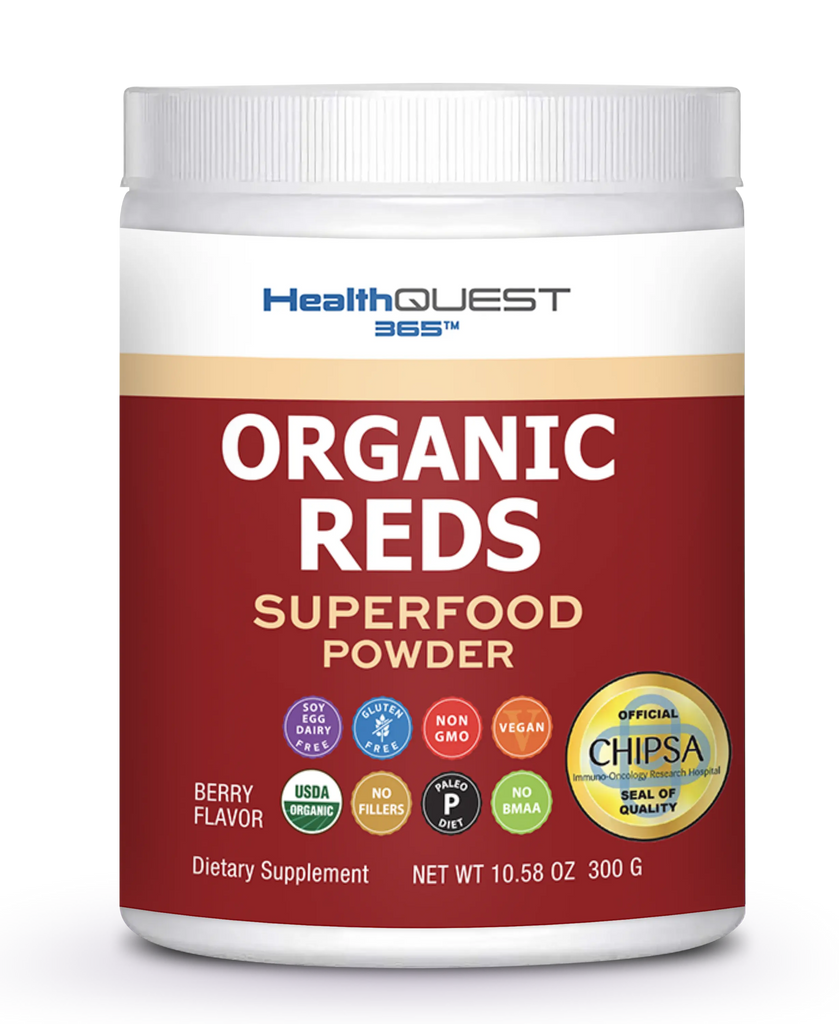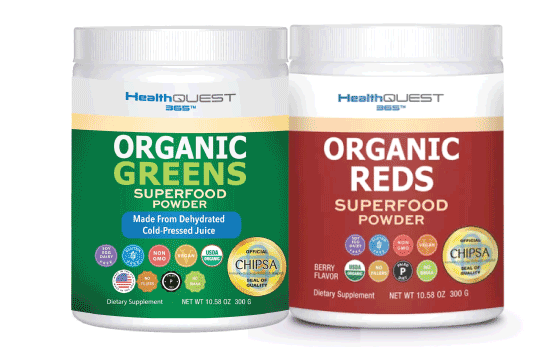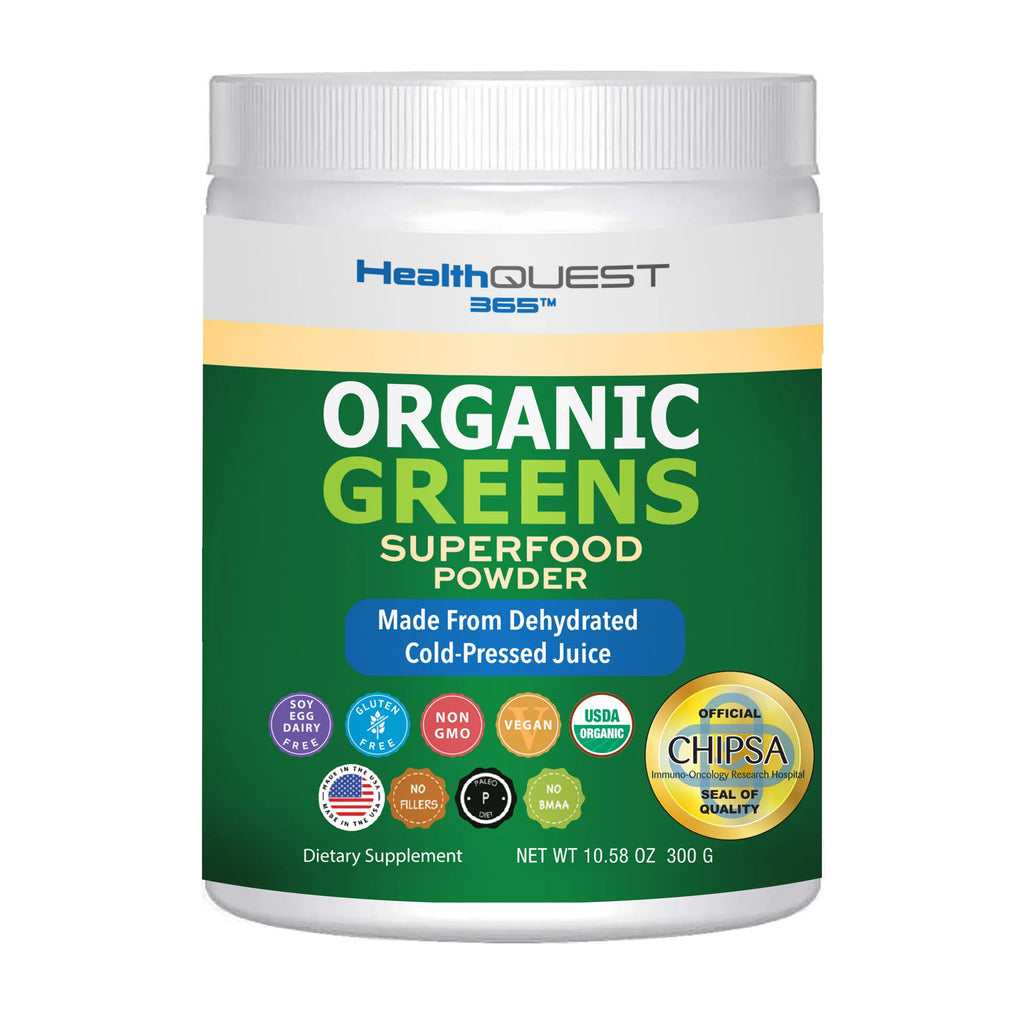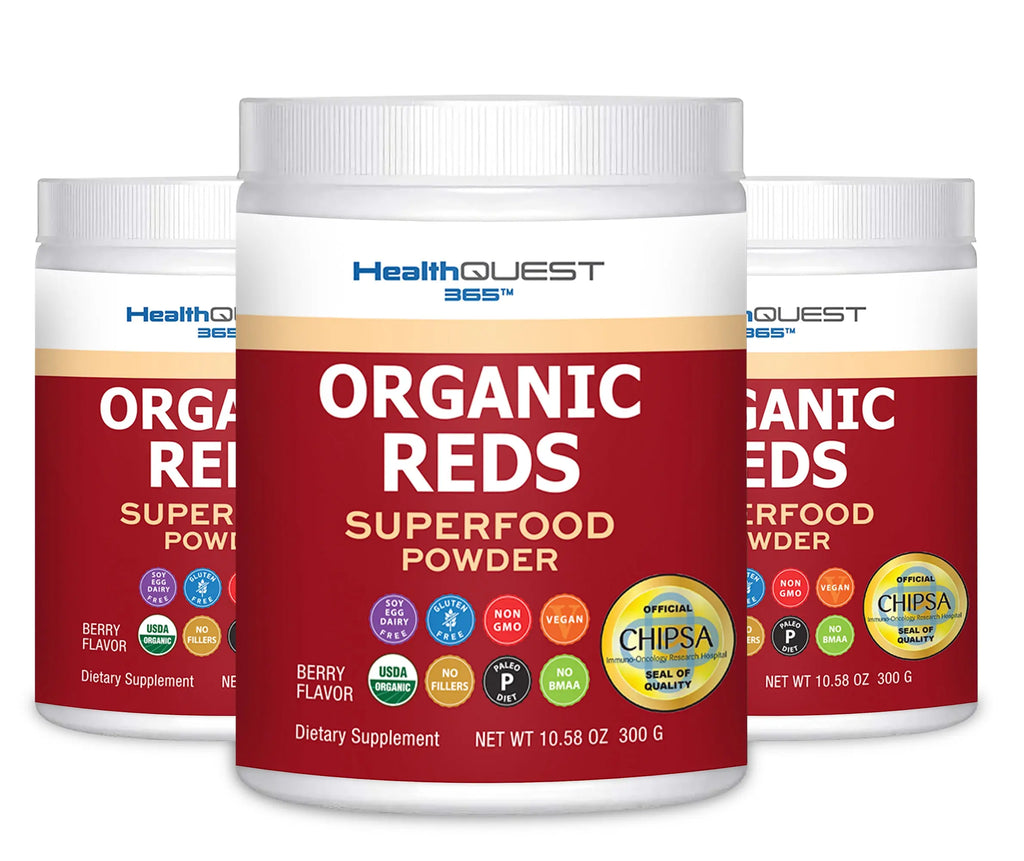It’s about health. It’s about healthy lifestyle. It’s about family™

Unmask The Secret Diet That Experts Swear By To Slash Your Blood Pressure Levels !
Hypertension or high blood pressure affects billions of people worldwide. It's a silent killer due to its often unnoticeable symptoms, but its impacts could be life-threatening.
The fundamental question is - can something as simple as dietary changes help mitigate this health crisis ?

THE ROLE OF NUTRITION IN CONTROLLING BLOOD PRESSURE
Food plays a role in our blood pressure numbers. Eating a balanced diet rich in fruits, vegetables, lean meats, and whole grains can help keep blood pressure in check. It can be your first line of defense against hypertension.
KEY NUTRIENTS FOR BLOOD PRESSURE MANAGEMENT
The most effective nutrients for controlling blood pressure help our body get rid of sodium and relaxing our blood vessels. Thus, it reduces the pressure.
These key nutrients include:
-
Potassium: Helps balance the effects of sodium and maintain healthy blood pressure.
-
Calcium: Crucial for blood vessel constriction and relaxation.
-
Magnesium: Helps relax blood vessels, thus lowering blood pressure.
-
Omega-3 Fatty Acids: Found in fatty fish like salmon, they help lower blood pressure.
-
Fiber: A diet high in fiber can lower blood pressure.
-
Vitamin D: It's involved in regulating blood pressure; deficiency may be linked to hypertension.

Give You ALL Our Best Workbooks
Get all the Best Workbooks + Action Guides from our expert
IMPLEMENTING DIETARY CHANGES FOR HYPERTENSION MANAGEMENT
Simply knowing what foods to eat isn't enough. We need to implement these changes for a long-lasting effect.
The DASH Diet - What, Why, and How
The DASH Diet, or Dietary Approaches to Stop Hypertension, is a dietary plan designed to help manage blood pressure.
What
The DASH diet emphasizes fruits, vegetables, whole grains, lean proteins (like fish and poultry), and low-fat or non-fat dairy. It also encourages the reduction of sodium, sweets, sugary beverages, and red meats.
Why
High blood pressure can lead to heart disease and stroke. The DASH diet aims to lower high blood pressure and prevent hypertension. It does so by promoting nutrient-rich foods that are low in sodium and unhealthy fats.
How
To follow the DASH diet, aim for:
-
4-5 servings each of fruits and vegetables daily
-
6-8 servings of grains, mostly whole grains
-
2-3 servings of low-fat or non-fat dairy
-
6 or fewer servings of lean meat/poultry/fish per day
Also, aim for 4-5 servings of nuts/seeds/legumes per week. Then, limit sodium intake to 2300mg per day or 1500mg if you have high blood pressure.


FREE "Mystery Gift"?
Let me stay in touch with you via email and as a thank you - get this FREE gift.. Something others paid over $1,000 for.
(True story)
Seven Delicious and Heart-Healthy Foods
-
Berries. Packed with heart-healthy phytonutrients and soluble fiber.
-
Oats. High in soluble fiber, which can lower cholesterol.
-
Dark Chocolate. Contains flavonoids, antioxidants shown to lower blood pressure.
-
Avocados. High in monounsaturated fats that can help reduce bad cholesterol levels and increase good cholesterol.
-
Fatty Fish (like Salmon, Mackerel, Sardines). Rich in omega-3 fatty acids, which can reduce inflammation and decrease the risk of heart disease.
-
Almonds. Contain heart-healthy monounsaturated fats, fiber, and protein.
-
Oranges. They are high in fiber, which can help control cholesterol levels, and rich in potassium, which helps control blood pressure.
BEYOND DIET - LIFESTYLE MODIFICATIONS
Diet is only one part of our lifestyle that influences our blood pressure. Regular exercise, weight management, smoking cessation, and limited alcohol intake also contribute to lower blood pressure.

THE ROAD AHEAD - MAKING SUCCESSFUL LIFESTYLE CHANGES
Making changes is challenging, but it's about taking small steps.
-
Set Realistic Goals. Start small and gradually incorporate changes into your lifestyle.
-
Exercise Regularly. Aim for 30 minutes of moderate exercise most days of the week.
-
Eat a Balanced Diet. Include whole grains, lean proteins, fruits, and vegetables in your meals.
-
Limit Sodium. Read food labels to avoid high-sodium products.
-
Moderate Alcohol Consumption. Limit drinking to moderate levels.
-
Quit Smoking. Seek help to quit smoking for good.
-
Manage Stress. Incorporate stress-reducing activities like yoga or meditation into your routine.
-
Monitor Your Blood Pressure. Regular check-ups can help you keep track of your progress.
CONCLUSION
The power to control your blood pressure lies primarily in your hands. A well-balanced diet, coupled with a healthier lifestyle, is the key. It's always better to prevent than cure, and making these changes is worth the effort.
Excited to take the first step for your nutrition? Try Health Quest 365’s Organic Greens 365 and Organic Reds 365 !
FREQUENTLY ASKED QUESTIONS
Yes, high salt consumption can cause water retention, leading to increased blood pressure.
While there's no cure for hypertension, it can be well-managed with diet, exercise, and medication if necessary.
Sticking to a healthy diet, regular exercise, reducing salt and alcohol intake, and practicing mindfulness can help manage hypertension.
High blood pressure often has no noticeable symptoms, making regular check-ups essential.
The DASH diet is a dietary pattern that helps prevent or treat hypertension. It emphasizes fruits, vegetables, and low-fat dairy, while minimizing sodium intake.
TRY AND SEE WHAT THESE CAN DO FOR YOU
... AND HE HATES VEGETABLES!
ORGANIC SUPER GREENS DRINK!
CHIPSA HOSPITAL CERTIFIED NUTRITION

CHIPSA Hospital, known as the original Gerson Hospital, was founded by Charlotte Gerson and Victor Ortuno in 1979.
CHIPSA is known as one of the leading integrative immuno-oncology treatment hospitals in the world.
CHIPSA Patients follow an Enhanced Gerson Protocol and drink 13 Cold Pressed Juices a day and 2oz of Organic Greens 365 daily.
*These statements have not been approved by the Food and Drug Administration. This product is not intended to diagnose, treat, cure, or prevent any disease.
The website's content and the product for sale is based upon the author's opinion and is provided solely on an "AS IS" and "AS AVAILABLE" basis. You should do your own research and confirm the information with other sources when searching for information regarding health issues and always review the information carefully with your professional health care provider before using any of the protocols presented on this website and/or in the product sold here.
Neither Health Quest 365 LLC. nor the author are engaged in rendering medical or similar professional services or advice via this website or in the product, and the information provided is not intended to replace medical advice offered by a physician or other licensed healthcare provider.

